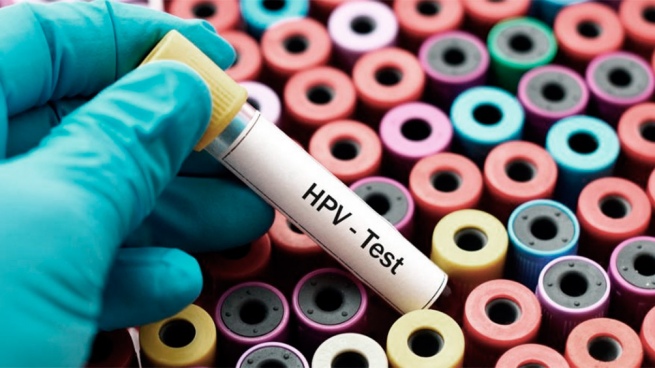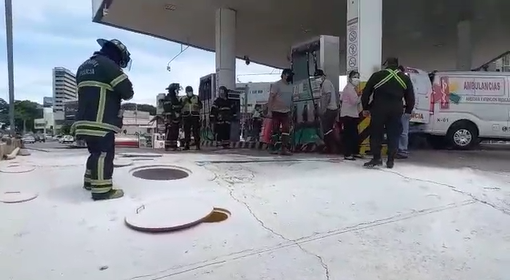The Minister of Health, Carla Vizzotti, assured that after the coronavirus pandemic, “the time has come to redouble efforts and advance in the elimination of cervical cancer” in Argentina and assured that the country “is a pioneer in Latin America in relation to vaccination and to screening”.
“It is a time to analyze the impact of the pandemic in the world, in vaccination coverage and in the decrease in screening, and redouble efforts to advance in the elimination of cervical cancer,” said the minister on Awareness Day on the Human Papilloma Virus (HPV), reported the Ministry of Health.
Having HPV does not mean developing cervical cancer, to prevent it it is very important to apply the HPV vaccine at age 11 and to perform the PAP and/or the HPV test among adult women.
– Ministry of Health of the Nation (@msalnacion) March 4, 2022
The minister advocated that every day “we can prevent more and eliminate late diagnoses,” during the start of a webinar on “Advances and challenges for Argentina on the road to the global elimination of cervical cancer” whose main axes vaccination, screening and surveillance of circulating HPV genotypes.
In August 2020, the Assembly of the World Health Organization (WHO) approved the global strategy for the elimination of cervical cancer, to which Argentina adhered
This strategy posits that by 2030 all countries can achieve 90 percent HPV vaccination coverage, 70 percent early lesion detection coverage, and 90 percent access to treatment for precancerous lesions and cervical cancer, including access to palliative care.
Globally, an estimated 270,000 women die annually due to cervical cancer (CC) while 4,500 new cases per year are registered in the country.
“Argentina has an innovative program and approach, it is one of the pioneering countries in Latin America in relation to vaccination and screening, and it has the ANLIS-Malbrán national reference laboratory as a regional laboratory of the World Health Organization. We have generated a lot of evidence and we have a long way to go”, acknowledged Vizzotti.
And he highlighted that “We are the first country in Latin America to generate evidence regarding the impact of vaccination” for which he urged “to continue being the spearhead and continue producing scientific evidence.”
For your part the researcher of the National Institute of Infectious Diseases (INEI) of ANLIS-Malbrán, María Dolores Fellnerexplained the role that this organization has had over the years in the comprehensive prevention of cervical cancer in Argentina, such as surveillance of circulating HPV genotypes and support for vaccination and screening through audits
And he announced that a multicenter study will be carried out to evaluate the impact of HPV vaccination after 10 years of its implementation.
Natalia Katz, from the Directorate for the Control of Immunopreventable Diseases (DICEI) emphasized the possibility of co-administration of the COVID-19 and HPV vaccines.
While, the coordinator of the National Cervical Cancer Prevention Program (PNPCC) of the INC, Luis Paul, He said that he is carrying out research on knowledge and practices in relation to cervical cancer in people with a cervix who do not self-perceive as women









